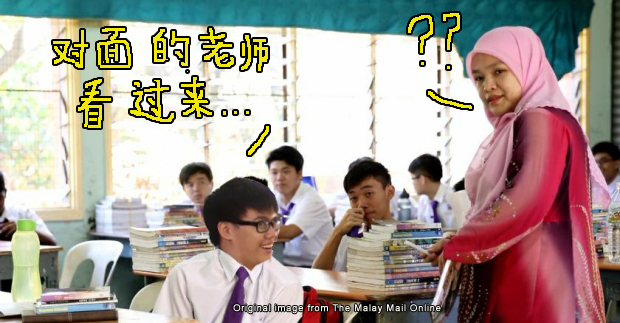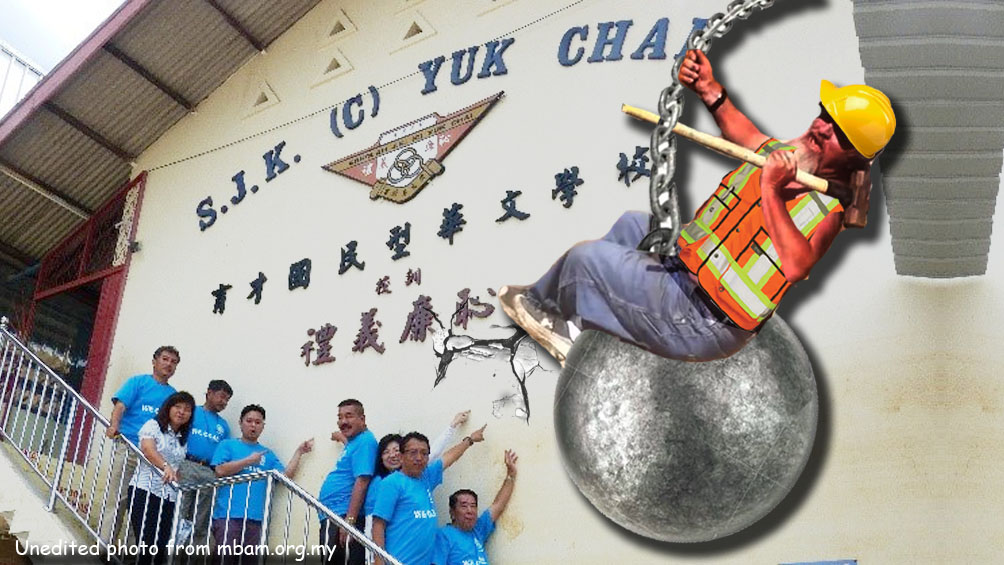Why is there not a single Tamil secondary school in Malaysia?
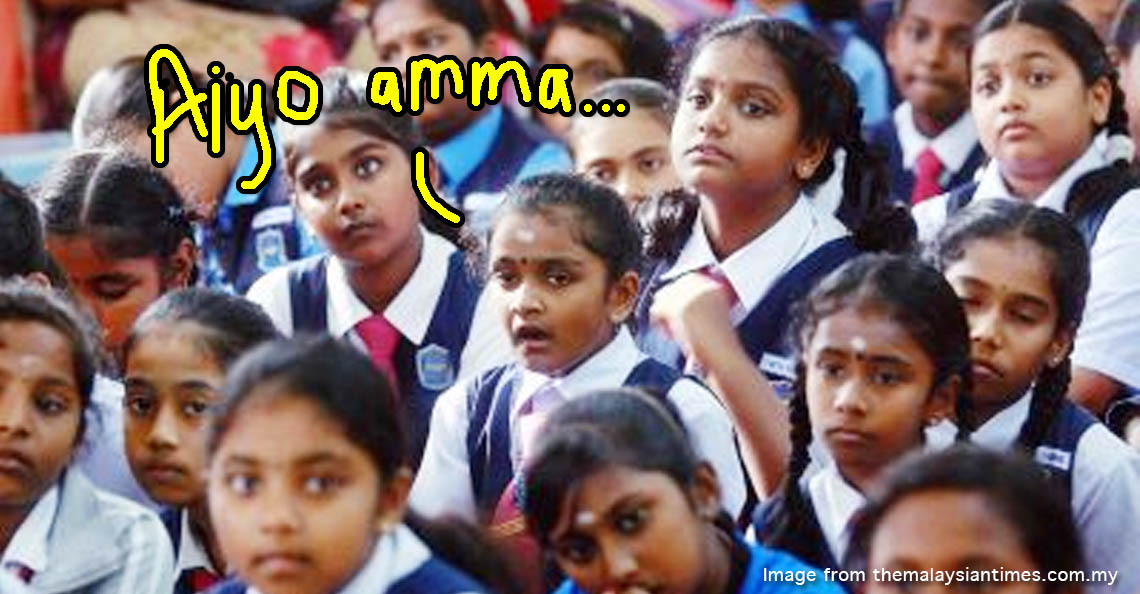
- 3.3KShares
- Facebook3.1K
- Twitter17
- LinkedIn21
- Email16
- WhatsApp127
In Malaysia right now, there’s a total of 1154 SMK schools, 78 secondary Chinese schools and 60 Chinese independent high schools, but did you guys know that there’s not even one secondary Tamil school in Malaysia? Though there’s about 523 primary Tamil schools in Malaysia, a secondary Tamil school doesn’t exist for the Tamilans.

Hold on, so how come there are so many Chinese secondary schools?
Now, y’all know, if you remember your sejarah that is that when Chinese immigrants came to Malaysia, they built many Chinese schools (both primary and secondary) for their kids.
Before merdeka, Chinese schools (both primary and secondary) used Chinese language as the medium of instruction. After merdeka, secondary Chinese schools were ordered to teach in English while primary Chinese schools were allowed to maintain with the use of the Chinese language.
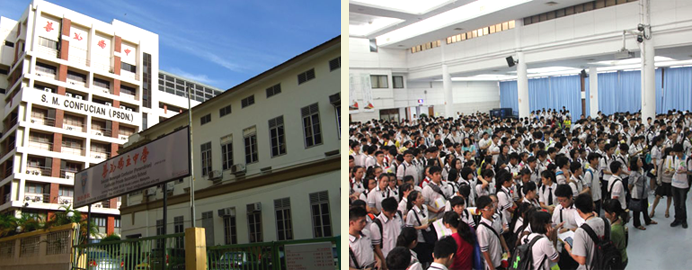
However, not all Chinese secondary schools were happy with it. Some changed and taught in English, but created a class just for the Chinese language. But there were also other schools that didn’t want to teach in English.
Their defiance caused the gomen to warn them that they wouldn’t be receiving any school funds. This led to them convert into private Chinese schools, like Tsun Jin High School or Confucian Private Secondary School. They were also lucky because there was a whole community that supported the usage of their mother tongue.
So… what about Tamil secondary schools then?
Actually, building a secondary Tamil school is a lot harder than you’d think!
Some of y’all might think, why is so difficult to build a secondary Tamil school when there are so many primary Tamil schools already?
The Indian community started building their own schools in estates to educate their kids. Although it wasn’t as great as the English-medium schools, it was ok-ok lah for the Indian kids. The teachers in those schools weren’t actual teachers also. Estate workers who were educated or either the clerks who worked in the estates were the teachers.
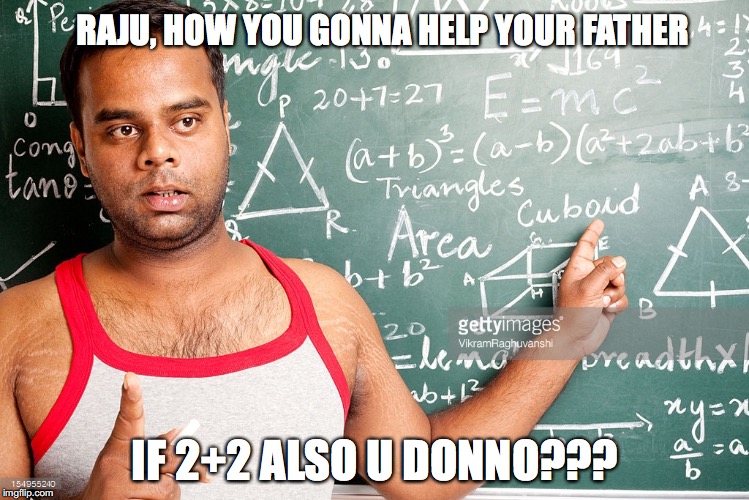
You see, the Indian community fought alongside the Chinese community to safeguard their mother tongue as a medium of instruction in schools. At that point, only primary Tamil schools existed because the Indian estate workers preferred bringing their child to work rather than sending them to school.
As for the official reason for why there isn’t any Tamil secondary school, we… actually…. couldn’t find one online. But we did find out that the Education Act 1996 implied that it’s mandatory for the minister to provide “national-type” (a.k.a. Chinese and Indian) primary schools, but never mentioned that for secondary education.
Anyway, we then spoke to a few primary Tamil school and secondary school teachers to learn more about the matter, and found that building an ideal Tamil secondary school is A LOT harder than we thought.
Firstly, the Malaysian education policy needs to be changed so it would include the establishment of secondary Tamil schools in Malaysia:
“Indian people never fought as hard as the Chinese people did for a school before Malaysia was formed. Even now, some parents pull out their kids out of school at the age of 9, 10. Plus, it’s not easy to build a Tamil secondary school.
Education policy has to be read through, adjusted and reformed to legalise the establishment of a Tamil school. Many aspects need to be discussed when you want to build a school that uses a different medium for the first time in Malaysia.”- A secondary school teacher from Ipoh
Secondly, we’ll need people to CREATE a whole new syllabus with new books and all:
“We need people to write textbooks for Tamil secondary schools. Even Tamil primary schools face a shortage of textbooks. Certain content from SK textbooks are translated to be added into Tamil school textbooks. Where are we gonna take the syllabus from? India?
To do so, there needs to be a committee to approve a properly executed syllabus for the schools. We also need quality exercise books. It’s very difficult these days to even find books for Tamil primary school students. I’m not saying it’s impossible to build a Tamil secondary school but there’s too many aspects that need to be taken into consideration.” – A Tamil primary school teacher from Kuala Lumpur
Thirdly, there aren’t many jobs that utilises the Tamil language:
“Indians parents aren’t as supportive as the Chinese parents are when it comes to school matters. Also, students that do study in Chinese secondary school have many job opportunities. If you do learn all the subjects in Tamil language, there are not many job opportunities.
As far as I know, you could be a Tamil school teacher, lecturer, newspaper editor, radio deejay, news reporter or maybe a translator if any companies need a Tamil-speaker. There’s not many jobs that fully utilises the Tamil language so we really need to think about the kids future before a Tamil secondary school is built.” – A Tamil primary school teacher from Selangor
And lastly, some Tamil parents don’t even support the language:
“It’s easy to ask for a Tamil secondary school but a lot of aspects need to be checked before the idea can take off. Even if we receive the government’s support, it’s very important for the parents to support this cause too.
These days, you have Indian parents sending their children to SK and SJK(C) schools because of the mindset that Tamil school teachers are lazy. When you have parents who don’t encourage their children to learn basic Tamil language, how will a Tamil secondary school receive support in the future?” – A secondary school teacher from Kedah
People have tried to get a Tamil secondary school, and are continuously trying.
Lim Guan Eng, Chief Minister of Penang, had actually sent three application letters to the gomen in 2013 asking for a secondary Tamil school in Penang. All three of his applications were rejected since there’s no law that provides for a secondary Tamil school.
The reason a secondary Tamil school was requested is because the population of Indians in Bagan Dalam, Penang is 24% (in 2014) and the existence of a secondary Tamil school over there would be very helpful for the Indian community.
In fact, he’s not alone in this. There are quite a few groups out there who are also supporting the idea of a secondary Tamil school.
The Penang Hindu Association (PHA) sent a message to PM Najib asking the gomen to build a secondary Tamil school. They realised parents are reluctant in sending their children to primary Tamil schools when there’s no secondary Tamil schools for the kids to continue their studies. They also submitted a petition with over 10,000 signatures to the gomen.
In 2014, the Malaysian Islamic Party (PAS) urged the gomen to provide a secondary Tamil school for the Indian community as it’s their right as Malaysians. They went on to say that it’s not fair for the Indians to not have a school that operates under their mother tongue while the other communities do.
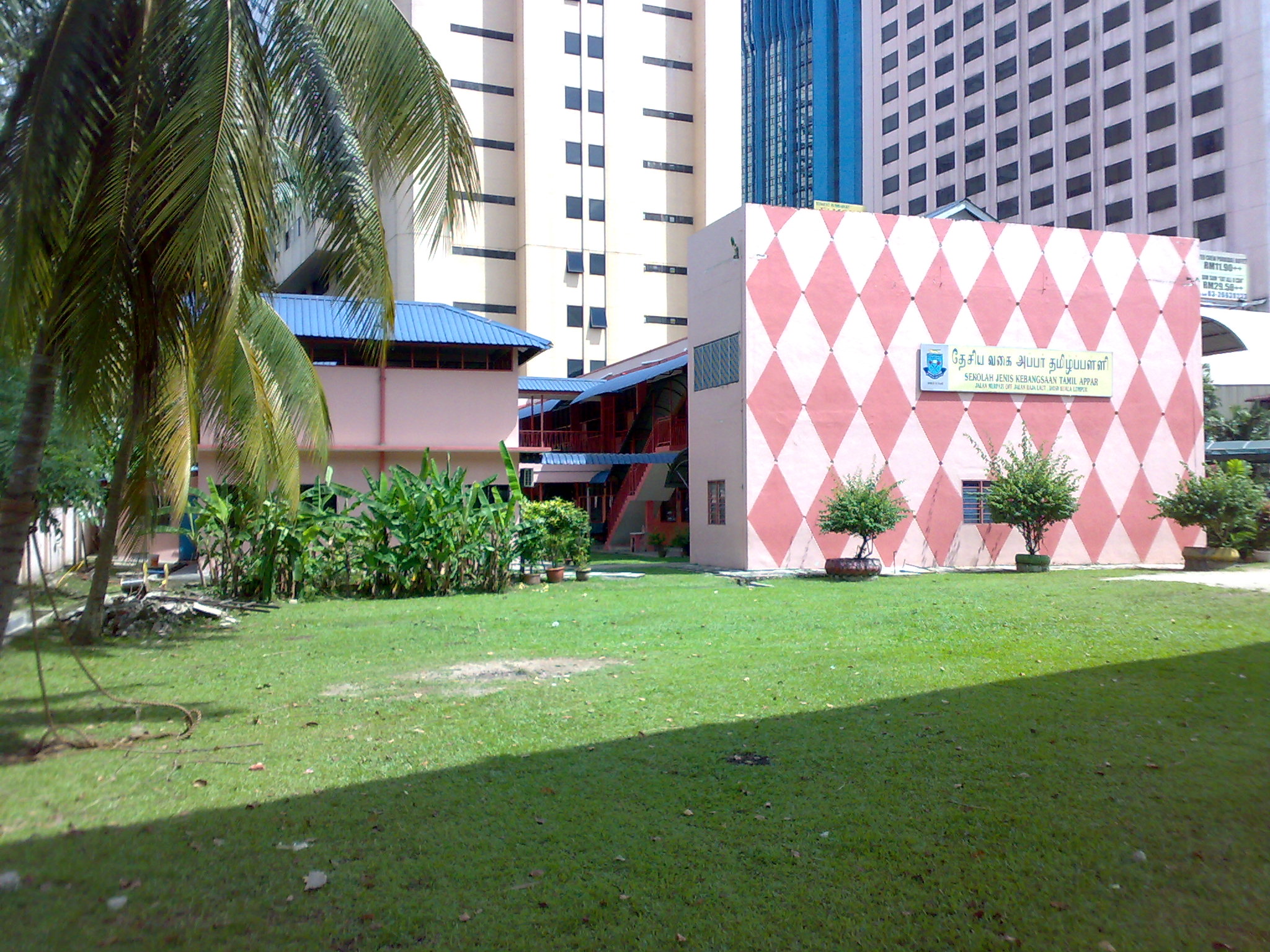
The Malaysian Indian Network of Entrepreneurs (1MINE) came up with an idea to build one Tamil residential school like MRSM or MARA. This type of school will help parents with low income as proper education and food will be provided in this school.
Some like New Gen Party and a number of Indian civil society groups proposed for a private secondary Tamil school. As the gomen rejected the application for a secondary Tamil school because there were no provisions, there are provisions for a private schools. The process will be somewhat similar to Chinese independent high schools with the building, funding and also deciding on a committee to put together a curriculum.
Makkal Sakti Party has also applied to the gomen to build a secondary Tamil school in Sungai Siput, Perak. These people quite fast because they already received a 10-acre land and now all they have left is the green light from the gomen.
So does that mean there’s a possibility for a secondary Tamil school in the future?
There’s no definite answer to this as there’s quite a lot of pros and cons when it comes to building a secondary Tamil school in Malaysia.
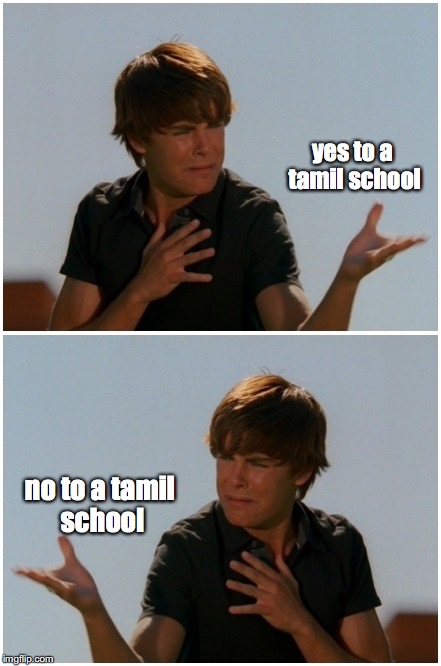
Not all are onboard with this idea…. Some are against this idea because there’s the worry that students may not be as efficient in Malay or English as students from secondary Malay or Chinese schools and this might potentially leave them jobless.
Actually, just try searching for Chinese-speaking and English-speaking jobs in JobStreet.com. We found that there were up to 1,036 Chinese-speaking and 1,330 English-speaking jobs offered. Some of the jobs required the employee to be fluent in Malay too but we were shocked to see only SIX jobs were offered when we searched for Tamil-speaking jobs wei! Plus, the scary thing is that unemployment rate of Indians in 2015 was 4.3% compared to the average Malaysians which was 3.3%!
Whereas you have some who do support the idea of a secondary Tamil school because in a way, building a secondary Tamil school will safeguard the Tamil language and give the community what it deserves.
Overall, ugais, it’s up to the gomen to decide upon establishing a secondary Tamil school. Though, if the time ever comes for a secondary Tamil school to exist in Malaysia, we hope it receives the support it needs.
- 3.3KShares
- Facebook3.1K
- Twitter17
- LinkedIn21
- Email16
- WhatsApp127

